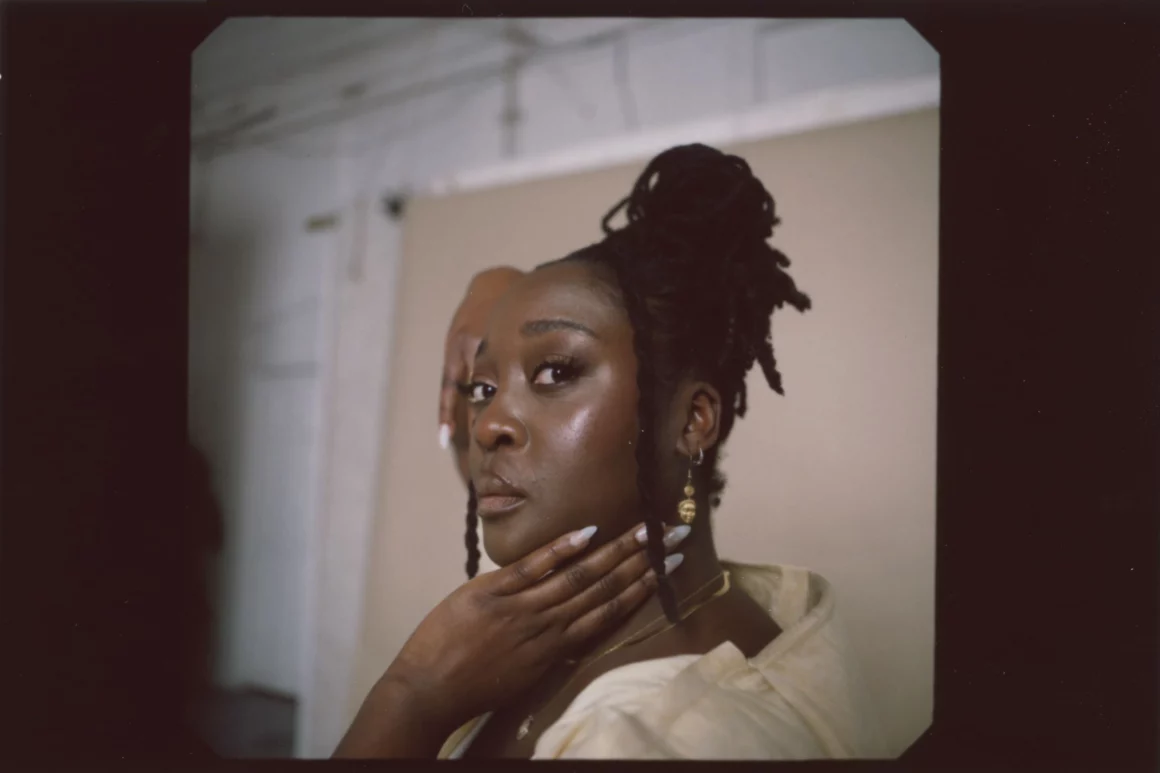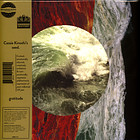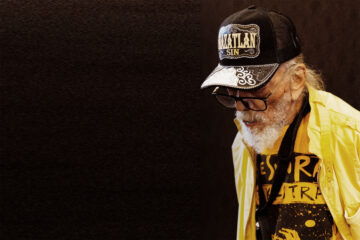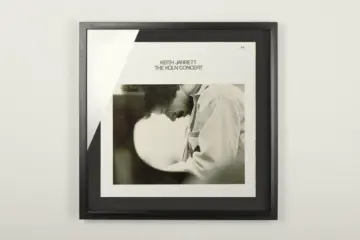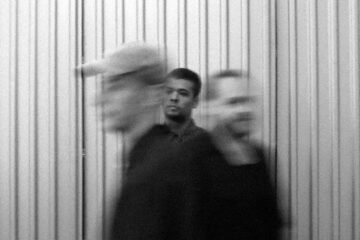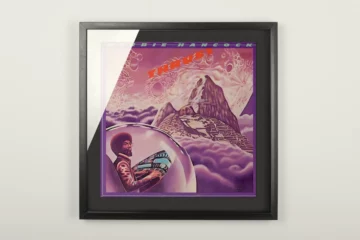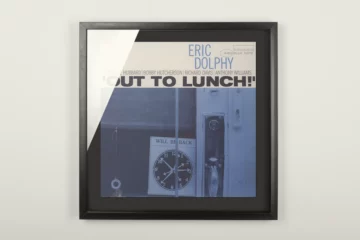»A lot of people don’t know this,« says Cassie Kinoshi, »but I haven’t really settled in yet in Berlin«. The British saxophonist has only been living in Germany for a few weeks. Kinoshi still commutes frequently to London, where she is a member of the jazz group Kokoroko and conducts her own ensemble; she also plays for Nubya Garcia and Sons of Kemet—the stars of the scene. Kinoshi has been one of those stars for a while, having been nominated for a Mercury Prize.
Kinoshi’s début album has just been released on International Anthem. The label describes it as »post-millennial UK jazz«. Kinoshi says that she shows her adult self with »gratitude«. She recorded it with Seed., her own big band. That’s also why it sounds so orchestral, with all the strings and horns, and sometimes even a tad dramatic. But that’s what »gratitude« can be, as long as it’s sincere, says Kinoshi.
She is particularly grateful to her family, who have always supported her. »I wasn’t a very good student, and I didn’t even make it into a recorder group when I was six. But my parents always encouraged me to follow my interests, so I learned to play the piano, the clarinet and eventually the saxophone.«
Reborn in London
It was »always clear« to her that she would end up with jazz. Kinoshi’s parents listen to the classics, her uncle even plays them. Kinoshi grew up amidst jam sessions a half-hour train ride north of London, in England’s second garden city, the birthplace of »Meals on Wheels«. »Until I was 18, all I knew was jazz, the countryside and my Playstation 1. Then I moved to London. The city was like being born again.«
»Until I was 18, I only knew jazz, the countryside and my Playstation 1. Then I moved to London. The city was like being born again.«
Cassie Kinoshi
Kinoshi studied composition (»because of the soundtracks from Danny Elfman and Joe Hisaishi«) and ended up at »Tomorrow’s Warriors«, a training programme for young musicians, which produced Shabaka Hutchings and the Ezra Collective, among others. In the midst of this scene, she was able not only to further develop her love of jazz, but also to find her place as an artist among artists.
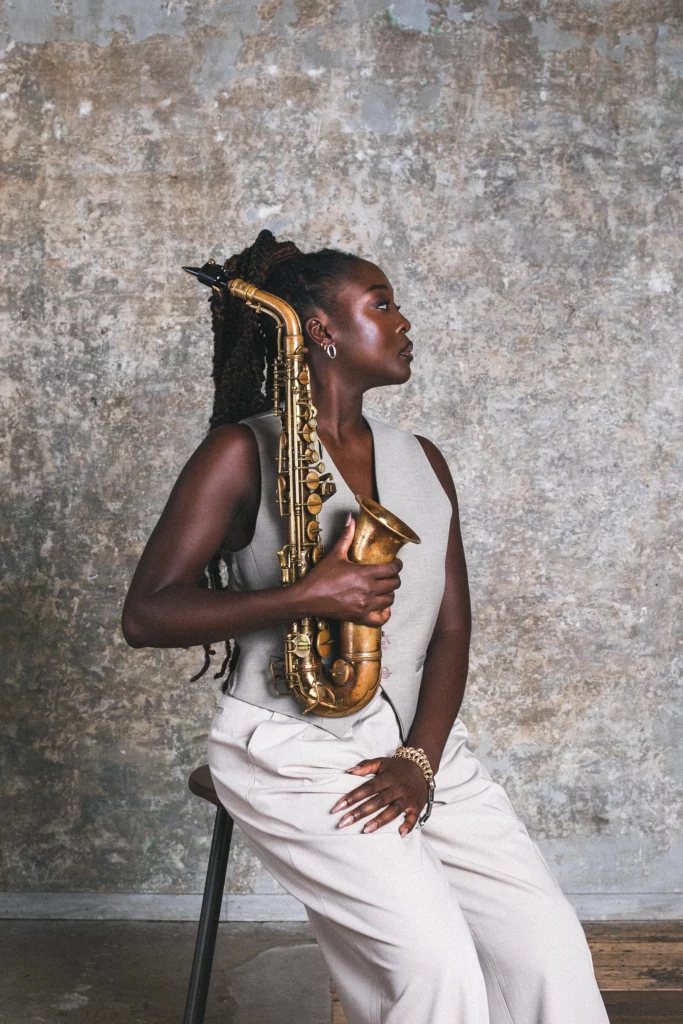
Since then, Kinoshi has received several awards and grants. She has also written music for film, theatre and the BBC Symphony Orchestra. She founded an orchestra. Despite all this, after a decade, she still decided to leave her home in »this city of extremes«. So why Berlin in particular? »Because jazz is combined with classical music here,« she says. »Also, I find the German mentality, with its work-life balance, much more appealing than in London.«
Emancipated in Berlin
In Berlin, unlike London, there are no jazz stars. This opens up space to try out more, to search for »new sounds«, to »test boundaries«. That happens in London as well, of course, says Kinoshi, but the government is cutting back more and more on the arts. And lately she go the impression that it is all about how cool something looks—not whether it sounds great.
Related reviews
In Berlin, however, she finds different conditions: lots of small communities of improvising musicians that do not represent a city but a place. Kinoshi means the clubs and jazz venues, like Donau115 in Neukölln, where she likes to go. Or the PAS in Wedding. »I just went to an improv gig there. It was incredible—exactly what I was looking for the whole time in London,« says Kinoshi.
Finally, Kinoshi wants to add something she’s never talked about before. »I said earlier that I came to composing because of the soundtracks by Elfman and Hisaishi. That’s true, but, I first came across their music in video games. Fable II was by Elfman, Spyro the Dragon by Stuart Copeland, you know, the guy from The Police. That’s my childhood, that’s where it all started. Those games and their soundtracks are the reason why I do what I do today.«

